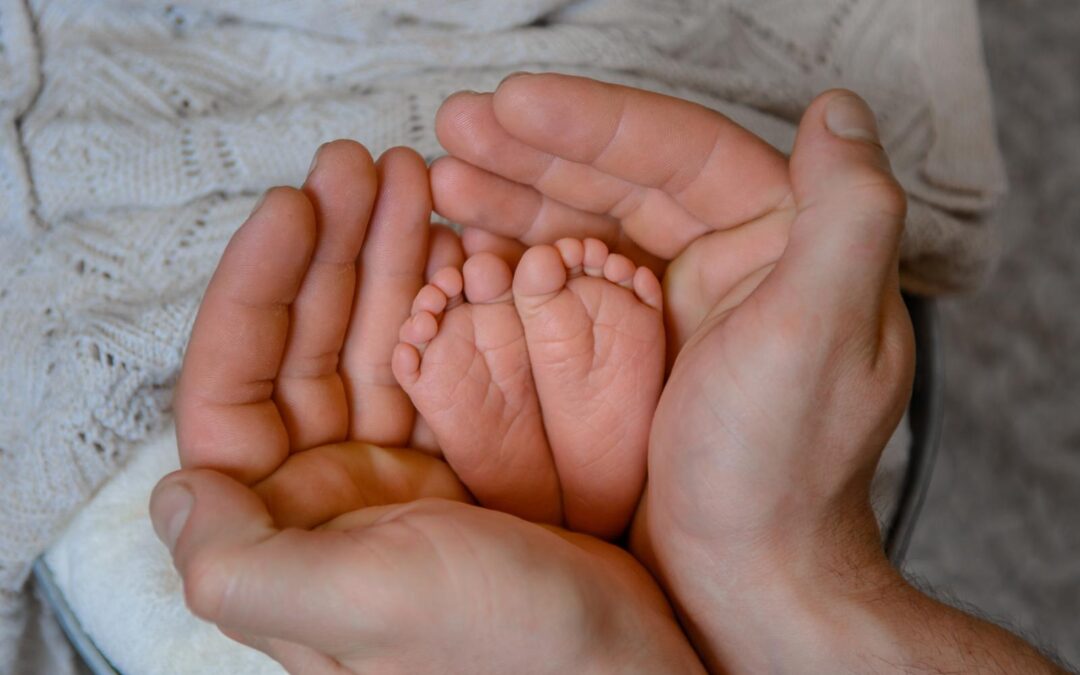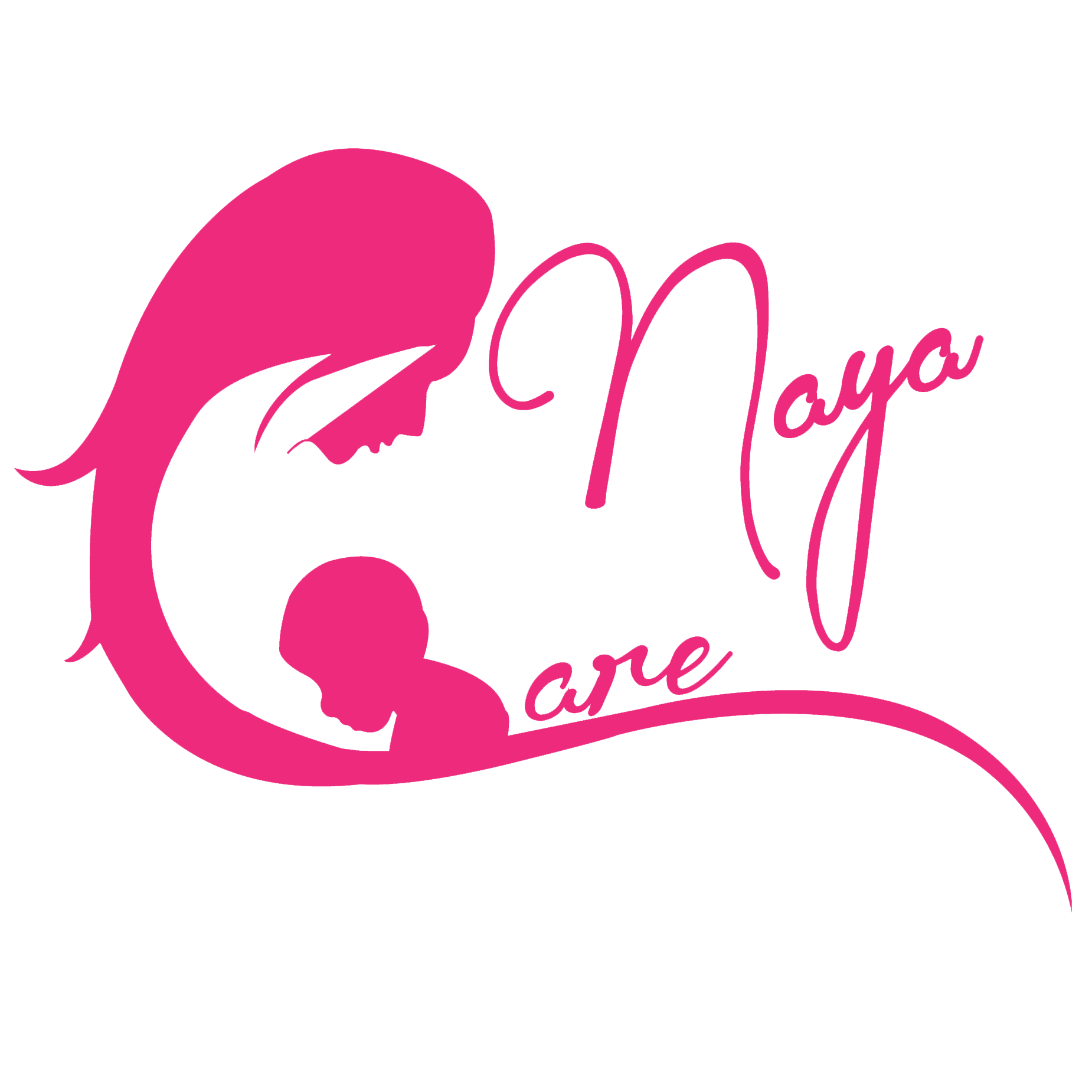
Nurturing Your Little Fighter: A Guide to Post-NICU Care for Your Baby’s Development and Wellbeing
Welcoming your baby home after a stint in the neonatal intensive care unit (NICU) is a blend of joy and apprehension. As a parent of a premature or medically fragile infant, navigating post-NICU care might seem like yet another uncharted territory. In this guide to post-NICU care, we’ll equip you with key things you need to know—from the importance of post-NICU care for you, your baby, and family to setting up a nurturing environment at home, and lastly, finding support and resources along the way.
Understanding Post-NICU Care and Its Significance: Continued Development
Post-NICU care marks the transition phase post-discharge, vital for your baby’s continued development and wellness. It encompasses regular check-ins, vigilant monitoring, and unwavering support. You, as a parent, are the frontline advocate, entrusted with ensuring your baby’s progress aligns with expectations. Regular consultations with healthcare providers, adherence to medical plans, and tracking of your baby’s health, feeding, and sleep patterns are essential. Don’t hesitate to ask questions and seek clarification on any aspect of your baby’s care.
But even before you head out of the NICU, here are tips that can make the transition home easier:
- Prior to discharge, your medical team will come up with a discharge plan. Though they will have it written out for you, rewrite in your own words/notes to have concrete clarity. Then, repeat the plan back to your medical team to make sure the plans align. I found this very help with my patients and learned where I might not have been clear.
- Keep all medical records in a folder. Take the folder to all appointments.
- If you need any equipment, feeding tube or oxygen, check the equipment prior to discharge and have a clear contact number for the designated company in case of questions or concerns.
- In some cases, you will be required to take CPR. I would recommend that for all my NICU families. It’s a valuable tool. And, if ever the situation arises, you will have some substantial help while waiting for paramedics. Also taking CPR applies to anyone taking care of the baby from nanny to grandparents.
- For visitors, please talk to your medical provider regarding safety due to the cycle of COVID, RSV and flu. It’s ok not to have visitors if you choose. All visitors need to have an updated flu and pertussis shot.
- Allow family and friends to provide food. It’s ok for them to leave at the door.
- Good hand washing prior to touching the baby for all involved.
- Lastly, continue the routine from the NICU, it will help you and baby ease into the routine at home.
Creating a Haven: Preparing Your Home for Your Baby’s Homecoming:
Crafting a haven conducive to your baby’s growth is pivotal in post-NICU care. Tailoring the environment to suit your baby’s unique needs allows a safe and nurturing space where they can thrive. For example, prioritize a serene sleeping area, invest in a reliable baby monitor for added peace of mind, and meticulously eliminate potential hazards. Unless your NICU providing team sends you home on an oxygen monitor, this equipment is not needed. The American Academy of Pediatrics has guidelines for if your baby goes home on oxygen: When Baby Needs Oxygen at Home. Consider reaching out to organizations like the March of Dimes or the National Association of Neonatal Nurses for guidance on creating a safe sleep environment for your baby.
Vigilance and Nurturing: Monitoring Your Baby’s Health and Development
Attentive monitoring at home empowers you to detect subtle changes in your baby’s well-being and address concerns promptly. Regularly assess for signs of discomfort or illness, track feeding habits, and collaborate closely with healthcare professionals to monitor growth milestones. Your vigilance ensures early intervention, safeguarding your baby’s health trajectory. Utilize resources such as online trackers or mobile apps designed specifically for monitoring preterm or medically fragile infants’ health and development. One example is Pathways Baby Development Tracker for Premature Newborns.
Development also dictates feeding, sleep and comfort. Your baby’s needs differ from those of full-term infants. Embrace the journey of understanding your baby’s unique cues and preferences. Organizations like La Leche League International offer breastfeeding support and resources, including local support groups and online forums where you can connect with other parents facing similar challenges. Here at NayaCare, we have developed a breastfeeding toolkit for the NICU graduate and encourage you to join our NICU specific facebook group, Small Steps, BIG gains for online feeding support specifically for NICU graduates.
Enriching Development: Stimulating Your Baby’s Senses and Learning
Engaging your baby in sensory-rich experiences fosters holistic development. Sing, read, and interact with your baby, creating a vibrant sensory environment. Introduce varied textures, colors, and sounds to stimulate cognitive growth and nurture a lifelong love for exploration and learning. Explore resources such as developmental playbooks or sensory stimulation kits designed to promote your baby’s sensory and cognitive development.
Self-Care Amidst the Journey: Coping with Stress and Anxiety
Navigating the post-NICU journey may evoke stress and anxiety; acknowledge these emotions as part of the process. Prioritize self-care, lean on your support network, and seek solace in shared experiences. Sometimes in reality, words are easy to write and hard to execute. However, we all need grace and encouragement to prioritize rest, add physical activity when able, and to be reminded that your well-being is essential for your baby’s welfare. Consider joining support groups specifically tailored to parents of NICU graduates, where you can find camaraderie, understanding, and coping strategies such as PremieWorld.
Seeking Support: Additional Resources for Post-NICU Care
Harnessing available resources and support networks is instrumental in navigating the post-NICU terrain. Your healthcare provider serves as a beacon of guidance, offering valuable insights and connecting you with relevant support groups and organizations. Embrace the community of parents who understand your journey intimately, providing solace and solidarity along the way. Explore online resources such as NICU parent blogs, social media groups, and virtual support networks where you can connect with other parents and access valuable information and support. Additionally, consider reaching out to local hospitals or healthcare organizations for post-NICU care programs and services tailored to your baby’s needs.
Here are some support group links for parents of NICU babies:
- Preemie Parent Alliance: A network of support organizations for families of premature infants.
- Hand to Hold: Provides comprehensive support programs for NICU parents, including peer-to-peer mentoring, online support groups, and resources for coping with NICU-related stress and anxiety.
- NICU Helping Hands: Provides support and resources for NICU families, including NICU Family Support Specialists who offer guidance and assistance during the NICU journey.
- The NICU is hard on families. Please remember, you’re not alone on this journey. Here, at NayaCare, we offer two services to help our families.
- A NICU transition visit in which we spend 60-90 minutes in your home helping answering any medical questions, conducting a newborn exam, checking any equipment, and addressing any other concerns. The appointments are conducted by Adrienne Isaacs, MSN, NNP-BC, our neonatal nurse practitioner or myself. Appointments are covered by Medicaid.
- Free “mommy check in” call with our counselors helping mom a space to tell their story, struggles, and concerns around the NICU.
